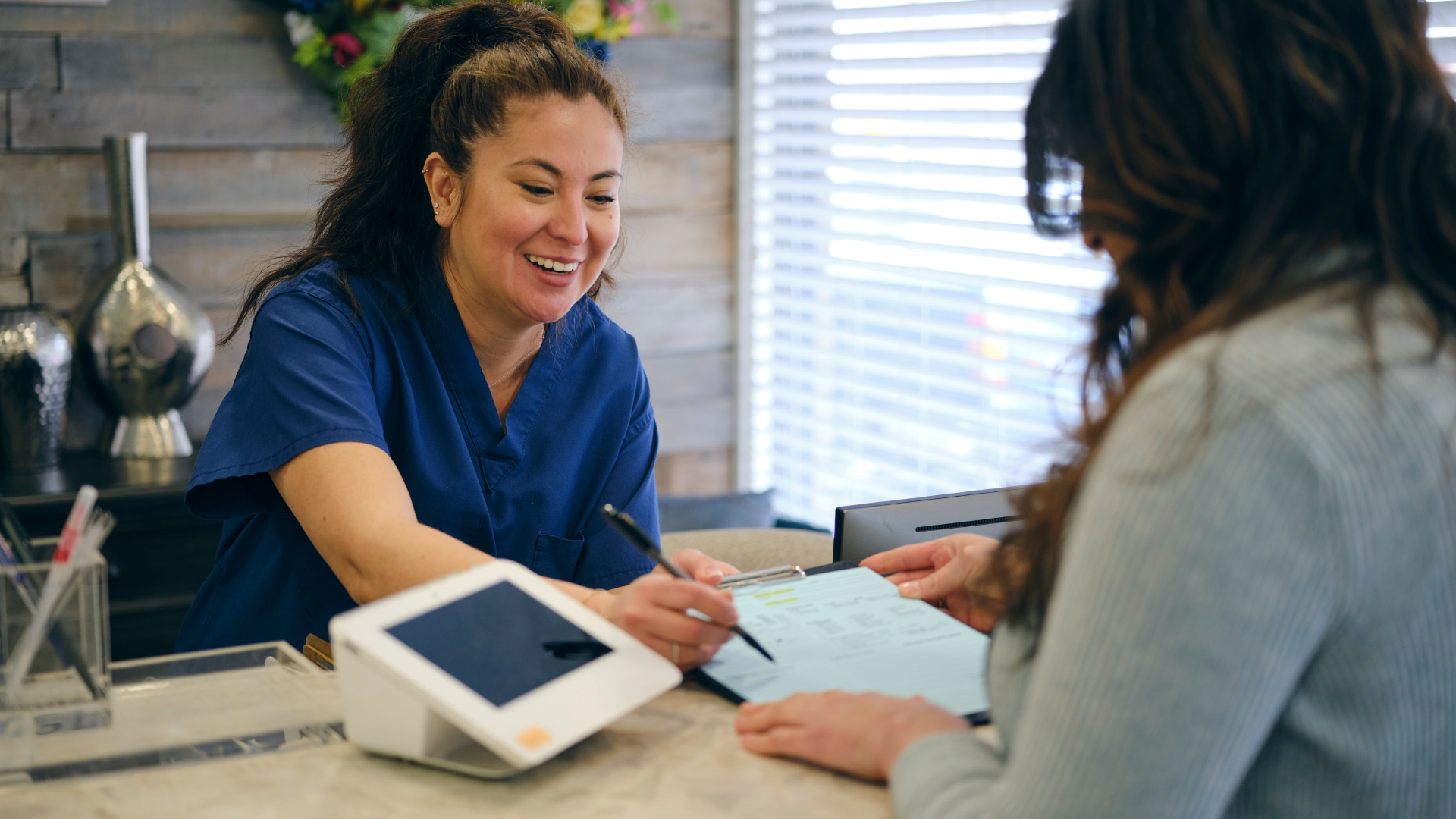Cuyahoga County held a briefing on September 4, updating residents and the media about the number and rate of COVID-19 cases in the county.

Cuyahoga County Executive Armond Budish began the briefing by addressing the killing of police detective James Skernivitz, an undercover officer who served the city for 28 years, sharing his condolences for Skernivitz’s family, colleagues and the community he served.
Next, he discussed the disparities highlighted by the pandemic—including structural racism—and he updated listeners on the progress he says the county has made to address racism as a public health crisis. Budish said the county has established both an internal and external group. The internal group is comprised of county leaders tasked with looking at county department policies and practices that could perpetuate structural racism. He said that group is taking a ‘data-driven approach’ that will both review the effectiveness of county policies and look at how to improve outcomes for minorities. The external group—the Citizens’ Advisory Council on Equity—is made up of 17 local civic leaders from all areas including business, nonprofit and religion. The council will review and provide recommendations on how the county can reduce disparities in health care, criminal justice, food access, housing and more.
More than 21,000 registered voters in Greater Cleveland will be purged from voting rolls after the November 3 General Election, due to lack of voting activity.
Next, he discussed the upcoming election. Budish said more than 21,000 registered voters in Greater Cleveland will be purged from voting rolls after the November 3 General Election, due to lack of voting activity. He also encouraged residents to consider voting by mail this year to help avoid long lines on election day. You can check your voter registration status and request a ballot by visiting the Cuyahoga County Board of Elections.
Following Budish, Cuyahoga County Board of Health (CCBH) Commissioner Terry Allen opened his remarks with an update on the county’s COVID-19 risk level, which was at the state’s risk level two for a third consecutive week. Noting the uptick in cases following the July 4 holiday, he urged residents to continue to maintain vigilance following health guidance as the Labor Day weekend approached.
CCBH also received further information from the Ohio Department of Health on an order regarding how and when schools need to report COVID-19 outbreaks in schools. Beginning September 8, parents or guardians and school staff should notify their schools within 24-hours of a positive COVID test result or a clinical diagnosis for the virus. After receiving the notification, schools then have 24-hours to inform other parents and guardians in writing and to notify their local health departments. Starting Tuesday, September 15, and every Tuesday afterwards, local health departments will report to ODH the number of newly reported and cumulative cases of COVID-19 in schools. This information will then be published each Thursday.
Thirty-seven percent of cases are in adults 20 to 39-years-old.
Next, CCBH Medical Director Dr. Heidi Gullett provided the county’s latest COVID-19 numbers. There were 11,224 total cases of COVID-19 this week, 1,141 total hospitalizations, 280 total intensive care unit admissions, 492 total deaths since the pandemic began and 9,755 people are presumed to have recovered. Thirty-seven percent of cases are in adults 20 to 39-years-old. About 40 percent of the county’s ventilators are still in use, and the number of pediatric medical beds in use are down.
Following Gullett, Neighborhood Family Practice’s President and Chief Executive Officer Jean Polster provided a presentation on the latest data on how community health centers help residents during the pandemic. Last year, more than 100,000 people received medical care from a community health center, which are required to provide quality, affordable health care. Through the CARES ACT, county community health centers received $2.1 million for COVID-19 testing, which has helped many health centers offer COVID testing at least twice a week and also offer community outreach. Click here to view the full presentation.








